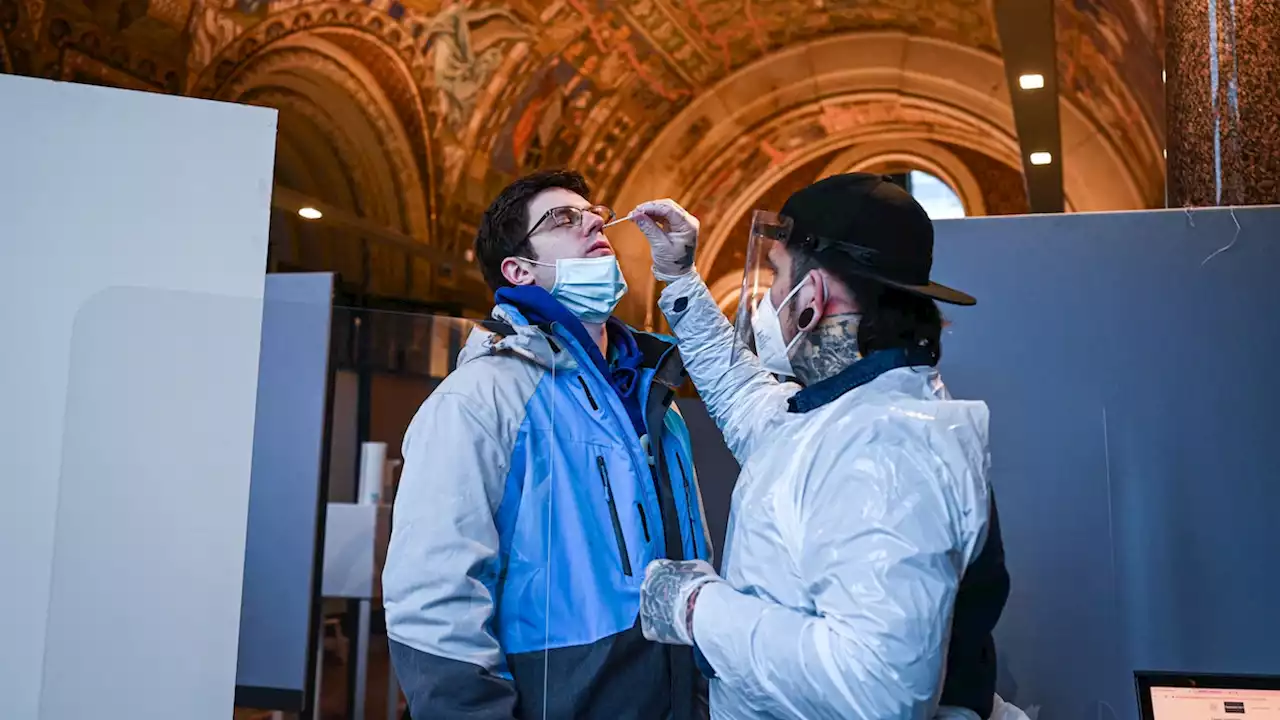Here’s what you need to know about testing in the age of the Omicron variant—and what experts say you should do if you test positive
, assistant professor of epidemiology at Columbia University Mailman School of Public Health, agrees. “Testing is the only way to really know what risk you pose to yourself and to your community,” he says. “Without it, essentially, you’re blind.”to deliver a half billion free rapid tests to Americans who want them. Unfortunately, those tests won’t be available until January.
Meanwhile, a negative rapid test likely means you are not infectious at that point in time—although the virus may still be incubating inside you. But experts caution that this isn’t a certainty given the potential for false negatives. Studiesthat rapid tests are able to catch up to 85 percent of COVID-19 cases—meaning there’s plenty of room for error.
If you don’t have symptoms and test negative, however, Piltch-Loeb says to keep in mind that timing is critical for rapid tests. Since Omicron is so transmissible—and these tests provide only a snapshot in time—you could test negative in the morning and positive by the afternoon. To lower your chances of spreading the virus at Christmas dinner, you should take a rapid test an hour beforehand.
If you are vaccinated and don’t have any symptoms, however, Piltch-Loeb suggests following up with a second rapid test later that day or the next. If both are positive you likely pose an infectious risk. If the second test is negative, then your results are inconclusive, and you should get a PCR test to be certain.
